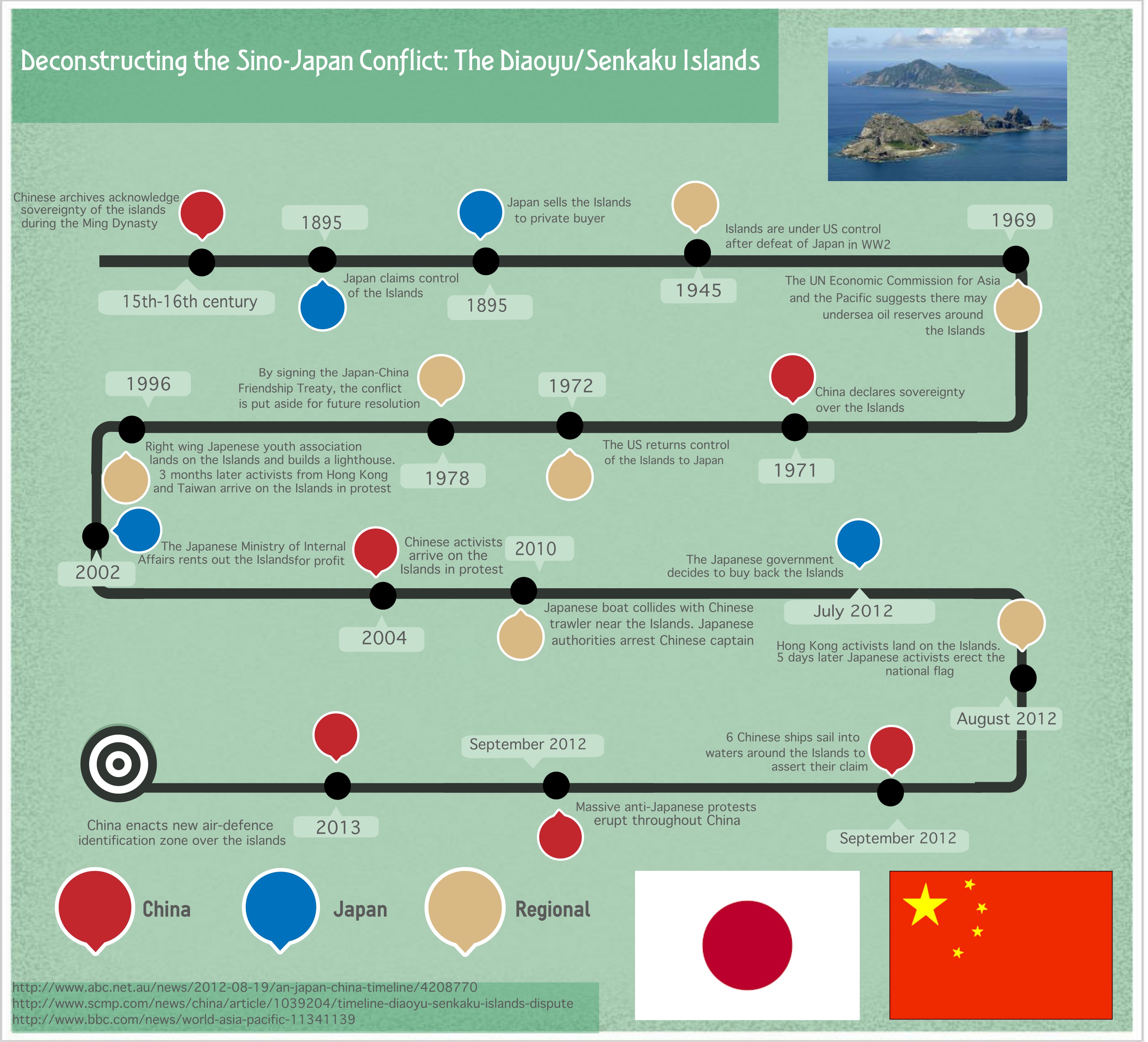On April 27, 2010, at least three people were killed and 35 others injured after three separate bomb blasts hit Kandahar City, sliding it into an even deeper violence ahead of NATO’s campaign to launch a major offensive there this summer. The attacks occurred close to an air field and hit a compound run by a company that provides logistical support to NATO forces. The United Nations has responded by withdrawing some staff from the city, in light of the rapidly deteriorating security situation there, and temporarily closing its Kandahar office. A re-opening of the office before the planned NATO offensive also seems unlikely. Ahmad Wali Karzai, a top official in the province of Kandahar and half-brother of Afghan president Hamid Karzai, has stated that the UN withdrawal of its staff “is an irrational decision done without consulting with local authorities”.
Yet it was only a few days before Tuesday’s attacks that NATO Secretary General Anders Fogh Rasmussen held a meeting with alliance foreign ministers on April 23, 2010, in Tallinn, Estonia, to officially begin the process of handing over security and governing duties to Afghan authorities. One of the major aims of the meeting was to establish a road map by which NATO’s International Security Assistance Force (ISAF) will transfer its security operations to Afghan forces. Secretary General Rasmussen stated that this would be a gradual process, not a “run for the exit”. Afghan forces would be left with changes that are “not just sustainable, but irreversible”.
The basic guideline for the transition is set to begin some time this year, although Secretary General Rasmussen has not yet released information about the timeline or the terms of NATO’s plan to relinquish control over security and governing operations in Afghanistan. He did state that decisions would be made on a case-by-case basis, and that ISAF would not be withdrawing entirely from the areas of concern in order to provide back-up support for Afghan forces. A summit in Lisbon is scheduled for November, 2010, when NATO officials will make a formal decision on the future of security arrangements in Afghanistan.
Ideally, NATO leaders are hoping to begin handing over security and governing responsibilities to Afghan authorities by November, which would facilitate US President Barack Obama’s plans to begin withdrawing US troops by July, 2011. However, considering the level of instability still prevalent in the country and the most recent attacks in Kandahar City, NATO and US officials would most likely remain cautious about the time line. Furthermore, the security situation seems to deteriorate with increasing rapidity, with chances of insurgency attacks still high. Just this Friday, April 23, 2010, military officials declared two US service members dead after an overnight clash with insurgents in a province near Kabul. Tragedies such as this are still a common occurrence, and it would be beneficial for NATO troops to maintain a high level of readiness in the event of a serious security breach.
NATO foreign ministers at the meeting in Tallinn also received an update on the progress of the Afghan conflict from General Stanley A. McChrystal and Ambassador Mark Sedwill, the recently appointed senior civilian representative to NATO and General McChrystal’s civilian counterpart. They spoke of how the military had learned crucial lessons from the recent Marjah campaign, particularly through establishing a “rough” balance of power between tribal groups as an effective means of restoring order. Mr. Sedwill stated that a balanced access to political and economic access is “vital”. The updates from General McChrystal and Mr. Sedwill are seen as crucial steps forward in NATO’s shift from a combat mission to a more civilian one by gradually handing over the reins of the country back to its people, despite the increasing risk of the insurgents’ resiliency. Mr. Rasmussen also addressed criticisms regarding NATO’s level of commitment to the Afghan war, being 450 people short of its promise to send 2000 trainers for the Afghan police force by October, 2010. Canada has also pledged to send 90 more trainers.
Tuesday’s bombings seem to be the Taliban’s attempt to launch a pre-emptive attack ahead of the next major NATO offensive. According to one Afghan member of parliament, Khalid Pashtoon, the attacks are a part of a new Taliban strategy of focusing its efforts on tribal elders and government officials in Kandahar city. This new rein of terror that has gripped Kandahar City is unlikely to faze the upcoming NATO offensive, and many Afghans and much of the international community are hoping this final surge of troops will be the last in a war that has spanned the last nine years. Only then will the people of Afghanistan truly be able to begin preparing to take the reins of protecting and governing their own country from NATO.
By Tanah Sullivan
Further reading: NATO will start transition to Afghanistan this year: Rasmussen, NATO moves to make Afghans ‘Master of Own House’, Afghans lead in NATO plan, NATO plan shows way to lead role for Afghans, UN scales back after three bomb blasts rock Kandahar City ahead of key NATO campaign, Kandahar bombing kills 3, Kandahar official slams UN withdrawal move, UN moves some staff out of Afghanistan’s Kandahar, Rocket, bomb attacks kill 3



